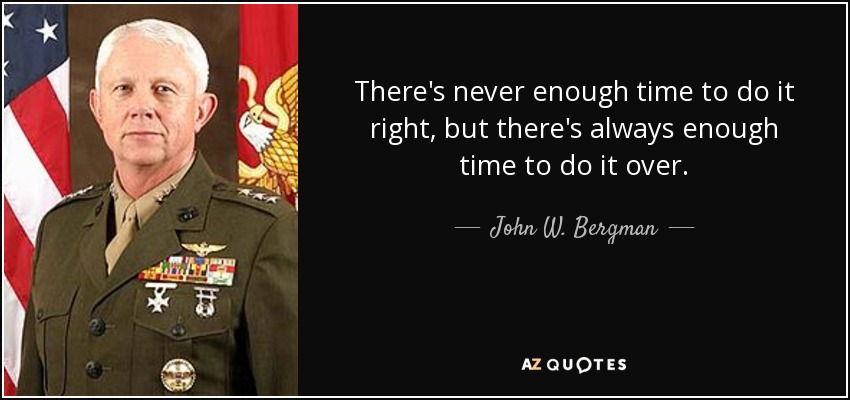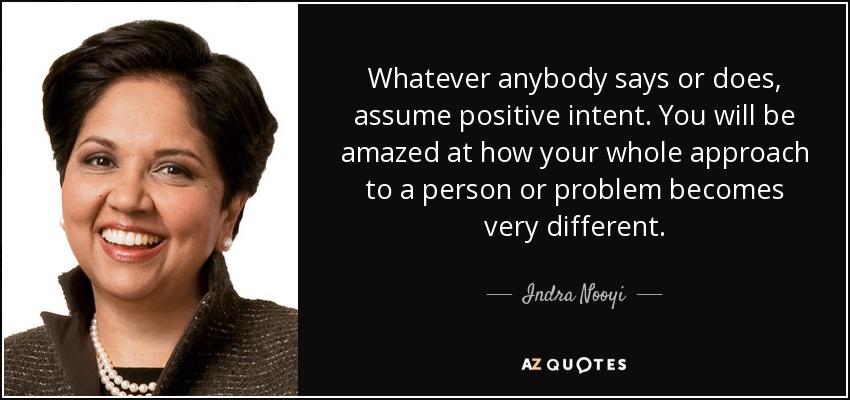Click here to return to Blog Post Intro

Managing from the heart is expressed as five requests everyone at work makes of you:
- Please don’t make me wrong, even if you disagree.
- Hear and understand me.
- Tell me the truth with compassion.
- Remember to look for my loving intentions.
- Acknowledge the greatness within me.
Principle One: “Please Don’t Make Me Wrong, Even If You Disagree”
Nobody likes to have his or her worth as a person questioned. People almost always resent it, and if they don’t get mad, they get even.
Remember that an unspoken request is: “Please don’t make me wrong. You can still have reactions. You can talk about your feelings and concerns, but let your words be about you and how you are taking the situation. So, if you’re feeling shell-shocked, say it. Don’t turn your feelings of being threatened into a threatening attack on me.”
When you don’t make people wrong, and simply tell them what’s happening inside you, the door is then open for them to support you. Instead of making an enemy of the nurse with further scorn and ridicule, you made a friend.
When people make mistakes, give them a chance to correct the mistake. Call the mistake wrong, but please don’t make the person wrong, even if you disagree.
People like to be told they are a contributing part of a winning team (see my post on Teamwork). On a real team, all members stick together; they either all win or they all lose. On a real team, you can’t afford to bash and blame the other players, because that creates mistrust and undermines the team relationship. Everybody needs to be able to count on you supporting them, especially since you’re their manager.
People are more productive and perform at their best when they feel good about themselves and when they feel good about what they do. It’s impossible for individuals to feel really good about themselves and what they’re doing if they are constantly being told they are wrong.
Principle Two: “Hear and Understand Me”
It is crucially important for people to feel fully listened to and understood. When they feel this way, they will then be ready to hear what you have to say.
When are people most productive? It’s when they know what they’re supposed to do and they do it. Consider this: compared to machines, how long do you think people can go on doing what they’re supposed to be doing without having some feelings, thoughts, and ideas about their work? People need to say how they’re feeling, to share their thoughts, to be appreciated and valued. People need to know that they are an important part of what goes on in your team, and your listening and understanding helps make them feel connected to you and to what’s important to you, which in this case is the team’s productivity.
Poor listening often guarantees that the job will have to be done over.
During the early part of a discussion, it’s important to summarize your understanding of what they just said. This is what is called a Listening Check. It gives evidence that the person has been heard and offers the person an opportunity to clear up any misunderstandings. From time to time, if you paraphrase what others say to you, you remind them that you are listening and trying to understand.
When you listen actively, you listen primarily for content, for information, for ideas. But you also listen for attitudes, intentions, and feelings. Information often comes packaged in an important feeling. Doing this well is both hearing and understanding your team members.
Principle Three: “Tell Me the Truth with Compassion”
The third principle means talking to people rather than about them, and doing it in a respectful and caring rather than a disdainful or condescending way. Don’t avoid the confrontation, but do it with firmness and caring.
The first step is to speak directly to the person you need to confront, rather than to talk about him or her to others. The next step is to address the person in a way that’s respectful. Even though he may have made a mistake or even been harmful to others, you must confront him in a way that allows him to keep his dignity.
Telling the truth with compassion means you lay out all the truth, and you can’t predict anyone’s reactions. But prediction is not your job when you manage from the heart. Your job is to acknowledge all the good qualities and behaviors you observe in your team member—you should be very clear in spelling them out first. Then you tell him the truth in a helpful way about the areas where you think he’s not doing a good job.
Then, to finish practicing principle three, you need to see that the behavior needing correction gets changed.
There are generally two cases you will encounter as a manager:
- Case A: The person is doing something hurtful or harmful to himself or potentially destroying the whole organization. That kind of behavior must change quickly, and your job is to get that person to agree to change as soon as possible.
- Case B: People are doing a good job in general but improvement in behavior is needed. In a case like that, you offer to coach them and let them decide whether they want to change or not.
When people feel you care about them and won’t crush them, they are much more willing to listen to you and learn from you because they want to avoid mistakes and accomplish more.
Principle Four: “Remember to Look for My Loving Intentions”
For the fourth principle, when someone proposes an idea or a plan—no matter what you think of the plan itself—you explicitly acknowledge that the person has positive reasons—such as wanting to help the company—for making the proposal.
Principle Two—hear and understand me—was about content, what people were saying. It asked you to listen carefully and clearly enough so you could reflect back in your own words what a person just said. Take that principle to a new level. You need to hear more than content alone. You need to listen for the intention behind what a person says.
People sense where you’re coming from. If you don’t trust them, they probably won’t feel they are worthy of making a contribution, so they won’t bother to assume much responsibility and won’t put in all the effort they would if you had looked for their loving intentions.
This principle doesn’t say you must find loving intentions everywhere, but to look for them. They may not be present in certain situations, but your challenge is to remember to look for them, not just to presume they don’t exist.
You’re not always going to find a loving intention. There is evil in the world. There are people who do unspeakable things. The point of this principle is to look, and in looking you begin to see the world from the perspective of the other person, not just yourself.
Very few people operate out of evil motives or intentions. Most people do the best they know at the time. Their intentions are usually honorable, good, loving.
Principle Five: “Acknowledge the Greatness Within Me”
For the final principle, recognize that everyone has the potential to grow, and people will tend to respond positively to anyone who addresses their potential greatness, even if no current evidence of it has yet surfaced.
Everyone has his or her own greatness, and that greatness longs to be acknowledged.
When you affirm the greatness inside people, you empower them. They stand straighter. They walk taller.
The Final Exam
Managing from the heart is not a series of techniques to get other people to do what you want them to do. It’s a way of life. It’s the only way to really live.
MANAGING FROM THE HEART
Hear and understand me.
Even if you disagree, please don’t make me wrong.
Acknowledge the greatness within me.
Remember to look for my loving intentions.
Tell me the truth with compassion.
May you “Manage from the Heart”, as you shoot for the stars!


